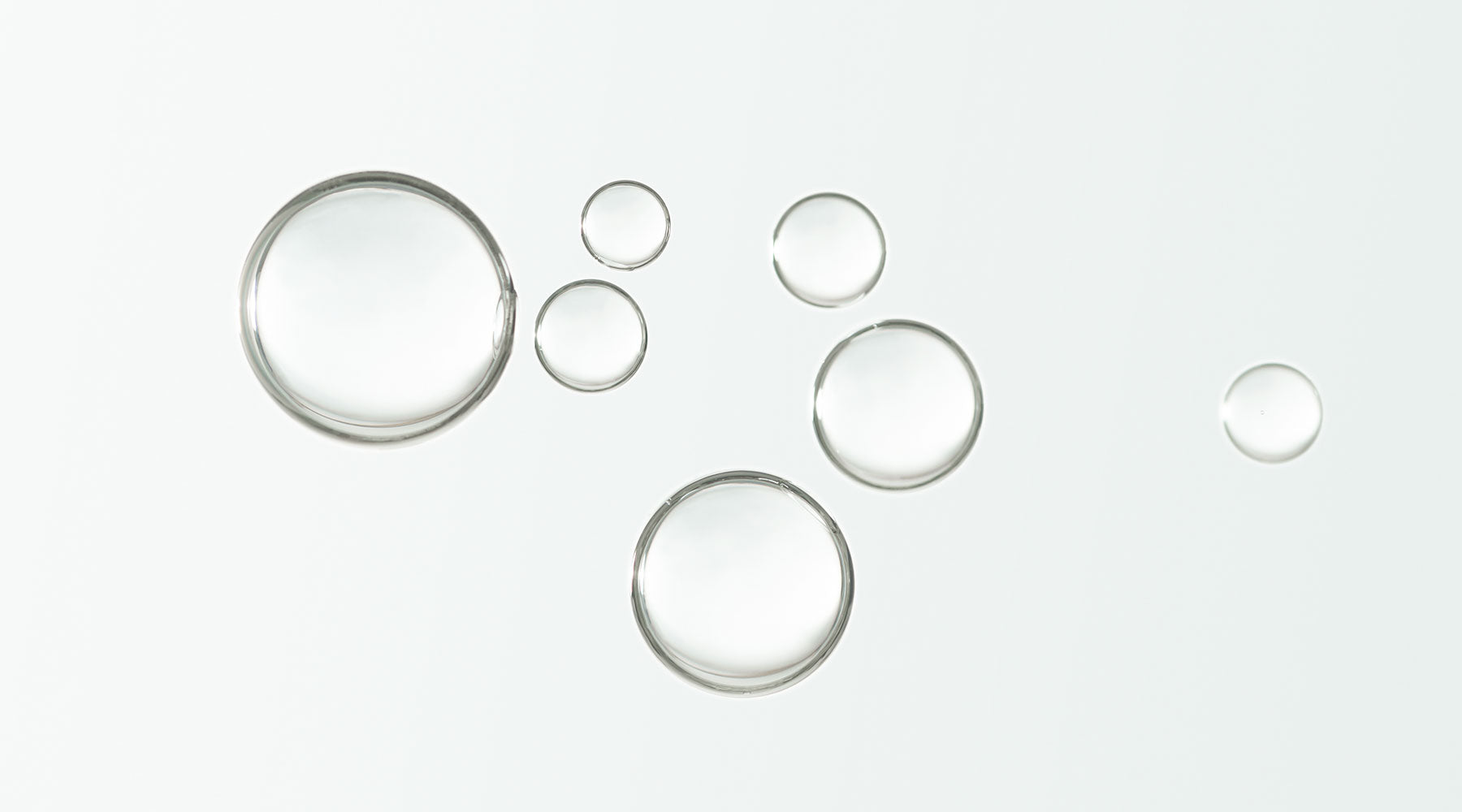
What Peptides do for Skin
You likely see the buzzword Peptide, everywhere when scrawling across countless over-the-counter cosmeceuticals. However, if you are new to the wonderful world of peptides or not entirely clear on what peptides are, consider this article a quick refresher note.
What are peptides?
Peptides are multifunctional actives that naturally occur in the body. They are short chains of amino acids, which are building blocks of proteins. Though peptides are made up of strings of amino acids held together by peptide bonds (aka amide bonds), they are smaller than proteins in size and structure. Traditionally, peptides are defined as molecules that consist of between 2 and 50 amino acids, typically somewhere 2 to 10, whereas proteins contain 50 or more amino acids. Proteins are too large to absorb through the skin. Due to their smaller makeup, bioactive peptides can penetrate the skin more deeply.
What do Peptides do for our Skin?
As mentioned earlier, peptides are the building blocks that makeup proteins such as collagen, elastin, and keratin, giving skin its texture, strength, and resilience. Our skin is less intact without peptides resulting in the loss of firmness, elasticity, and suppleness with more visible wrinkles. Peptides also have an anti-inflammatory activity that helps reduce redness and soothe stressed skin.
Types of Peptides
There are multiple types of peptides that have different effects on the skin. When used in skincare, brands may combine various peptides in a single formula to enhance efficacy. Although there are hundreds of peptides, there are five different types of peptides that is mainly used in skincare:
- Signal peptides are designed to create biological responses. These molecules trigger a signaling cascade that augments communication between cells and stimulates collagen, elastin, hyaluronic acid, epidermal growth factor, melanocyte-stimulating hormones (MSH), and fibronectin. For example, well-known Palmitoyl pentapeptide-4 creates a response in the dermis that stimulates collagen and elastin fibroblasts, reducing wrinkles.
- Carrier peptides are designed to deliver biologically active molecules into cells offering an attractive alternative to the classical endocytosis (absorbing by engulfing) pathway—examples: Copper or manganese peptides. When peptides bind with copper enzymes, copper peptides form. Copper peptides work in deeper layers of the skin and help boost collagen and elastin production leaving skin firmer and smoother with less visible wrinkles. Carrier peptides also improve wound healing.
- Enzyme-inhibiting peptides directly or indirectly inhibit enzymes. These peptides bind to the enzyme, resulting in activity loss without damaging the enzyme's protein structure. Soy oligopeptides, and silk fibroin peptides, act on the skin cells. They inhibit the enzymes proteinases and superoxide dismutase, respectively.
- Neurotransmitter-inhibiting peptides block the release of acetylcholine—a neurotransmitter involved in muscle contractions. As a result, facial muscles are relaxed, softening the appearance of fine lines and wrinkles.
- Antimicrobial peptides, also known as host defense peptides, are small, positively charged, amphiphilic peptides with inhibitory activity against bacteria and fungi. Promising science-backed data reveals that antimicrobial peptides are effective in acne vulgaris, rosacea, and chronic wounds.
Skincare Benefits of Peptides
Extensive research has proven that peptides can support skin health. Here is what to look forward to:
Anti-aging- Signaling peptides promote collagen and elastin production, enhancing elasticity and firmness, and bringing back bounce to the skin. Fine lines and wrinkles will be less visible when the skin is firmer and plumper. Neurotransmitter-inhibiting peptides also smooth fine lines and wrinkles.
Strengthen the skin barrier- The skin barrier is the body's line of defense against environmental aggressors like UV, bacteria, and pollutants. Signaling peptides stimulate hyaluronic acid synthesis, which binds moisture to the skin and fortifies the skin barrier. Antimicrobial peptides help fight bacteria and fungi and speed up wound healing.
Keep breakouts at bay: Anti-inflammatory and antimicrobial activity help calm inflammatory skin conditions, including acne and rosacea.
Reference:- Topical Peptide Treatments with Effective Anti-Aging Results (2016)
- Using Copper to Improve the Well-Being of the Skin (2014)
- GHK Peptide as a Natural Modulator of Multiple Cellular Pathways in Skin Regeneration (2015)
- Antimicrobial Peptides and Their Therapeutic Potential for Bacterial Skin Infections and Wounds (2018)
- Peptides as Therapeutic Agents for Inflammatory-Related Diseases (2018)